Mandates
Since being set up, the Commission has been given a number of additional areas of responsibility. These include mandates in the areas of disability, anti-human trafficking, artificial intelligence, and gender pay reporting.
The Irish Human Rights and Equality Commission is Ireland’s independent National Human Rights Institution and National Equality Body.
We work independently of the Government to protect and promote human rights and equality in Ireland.
It is our job to:
We want to help create a society where:
We have specific roles around disability, preventing human trafficking and torture, gender pay gap reporting, monitoring rights after Brexit, and artificial intelligence.
An inclusive Ireland where human rights and equality are respected.
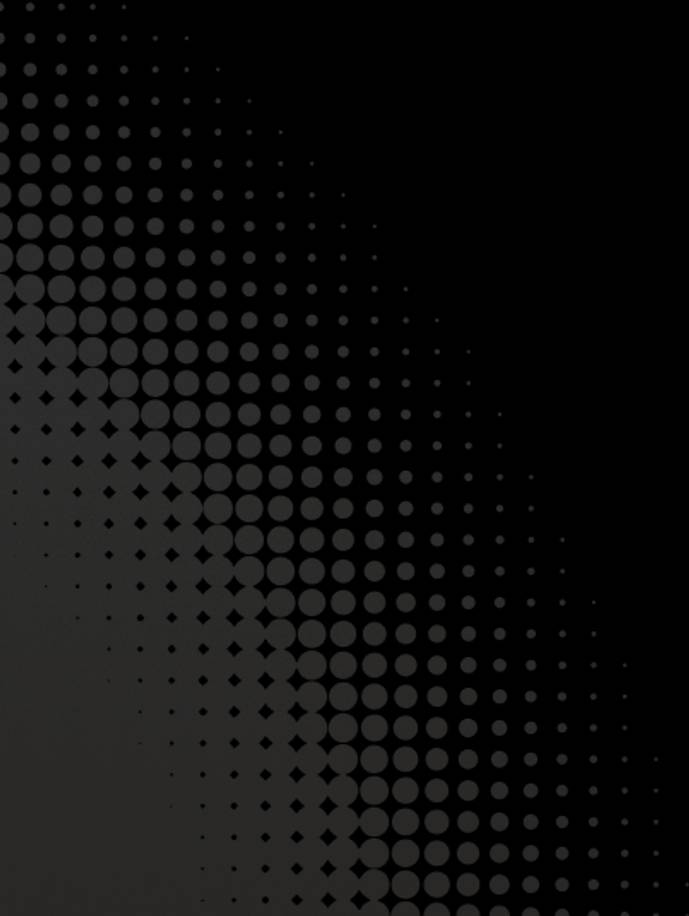
To protect and promote human rights and equality in Ireland.

Our values define how we approach our work, how we work as a Commission and how we engage with people living in this State. We believe that our values are key to our culture, and critical to our performance as an organisation.
We commit to supporting people who face the greatest barriers to justice as part of human rights and equality protection for all.
We are fully committed to the values of openness, transparency and accountability to the people and to the Oireachtas.
We build respect and trust by valuing the contribution and initiative of everyone within our organisation and those we work with. Respecting the trust placed in us, we conduct our work to the highest professional standards
We recognise the personal autonomy and self-determination of all rights holders and duty-bearers. We are committed to hearing and learning from others’ perspectives.
Since being set up, the Commission has been given a number of additional areas of responsibility. These include mandates in the areas of disability, anti-human trafficking, artificial intelligence, and gender pay reporting.
The Commission is made up of different types of people who have knowledge or experience of human rights and equality issues. The Commission currently has fifteen Members, including the Chief Commissioner. They decide what topics we focus on, what our policies are, and when we use certain powers.
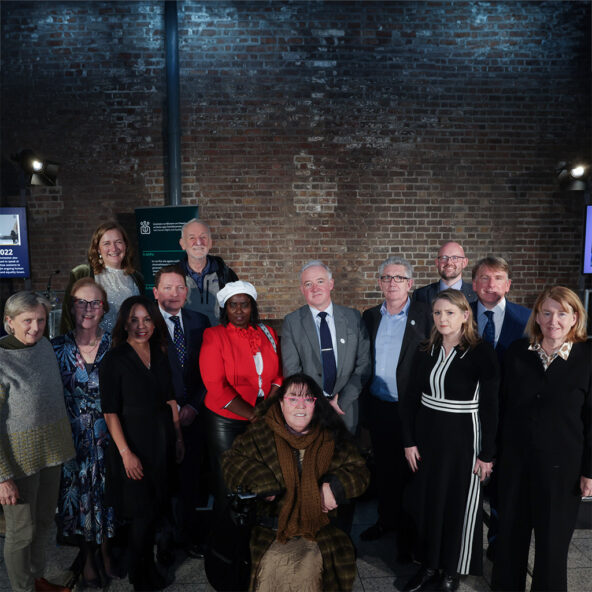
As the National Human Rights Institution (NHRI), we are evaluated by the Global Alliance of National Human Rights Institutions (GANHRI) for compliance with the UN Paris Principles. The Paris Principles set out the minimum standards that NHRIs must meet to be considered credible and to operate effectively. We have ‘A’ Status accreditation, which is the highest level of UN accreditation possible for NHRIs. This means that we are fully compliant with the Paris Principles. As a result, we have full GANHRI membership, including the right to vote and hold governance positions. We also have independent participation rights at many UN bodies and mechanisms, for example the Human Rights Council.
As the National Equality Body, we must follow two EU Directives on Standards for Equality Bodies, which will become law in 2026. The Directives will help to make equality laws and equality bodies across Europe more effective.

Our Strategy 2025-2027 was developed after an extensive consultation process across all sectors of society, from a variety of backgrounds, and across generations.
Our strategic objectives are to:

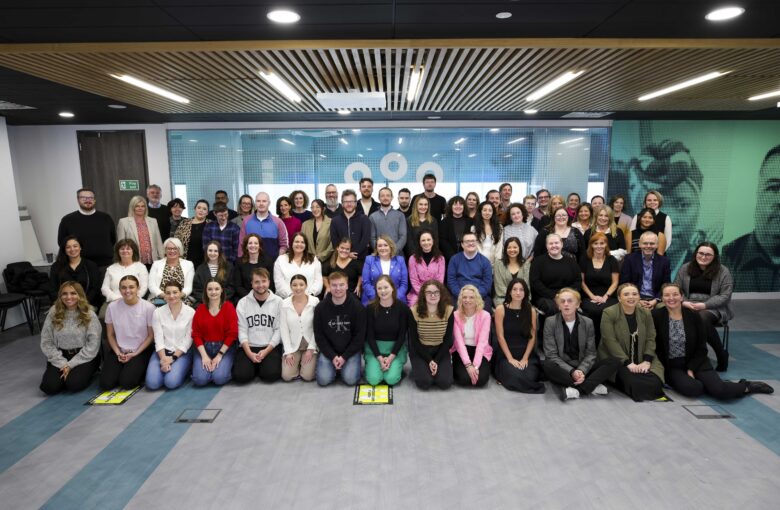
The Commission is responsible for the strategic direction of the organisation. It decides what topics we focus on, what our policies are, and when we use certain powers.
We also have Advisory Committees to help and advise us on specific topics. The Director and senior management team are responsible for the day-to-day management and the staff of the Irish Human Rights and Equality Commission.
The staff is organised in five main teams and the Heads of these sections, reporting to the Director, are the Senior Management Team. A further team, the Office of the Director, is led at Assistant Principal Officer level. The teams are:
Our legal team:
Our policy and research team:
Our Strategic Engagement team:
Our Monitoring and Compliance team delivers the functions of IHREC as the:
Our Corporate Services team:
Our Office of the Director team:
By law, we can appoint Advisory Committees to assist and advise us on certain parts of our work.
Currently, we have a Disability Advisory Committee and a Worker Employer Advisory Committee.
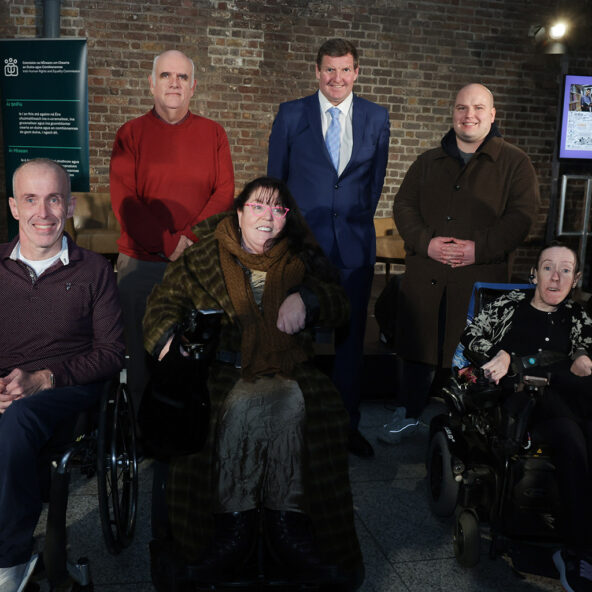
As a public body, we are committed to being as open and transparent as possible about our processes and procedures.

We are located in the heart of inner-city Dublin
Our address is 16-22 Green Street Dublin 7. The Eircode is D07 CR20.
Our reception phoneline is open Monday to Friday from 10.30am-12.30pm and 13.45pm-3.15pm.
*Please note that we do not provide an in-person service. *
Changing Places Facilities
A fully accessible Changing Places toilet facility is available at our offices. The facility gives more space and appropriate equipment for people who need the help of a carer to undertake their personal hygiene safely and comfortably.

We are committed to being as accessible and inclusive as possible in all that we do.
We have dedicated access officers who can assist with any accessibility questions you might have.
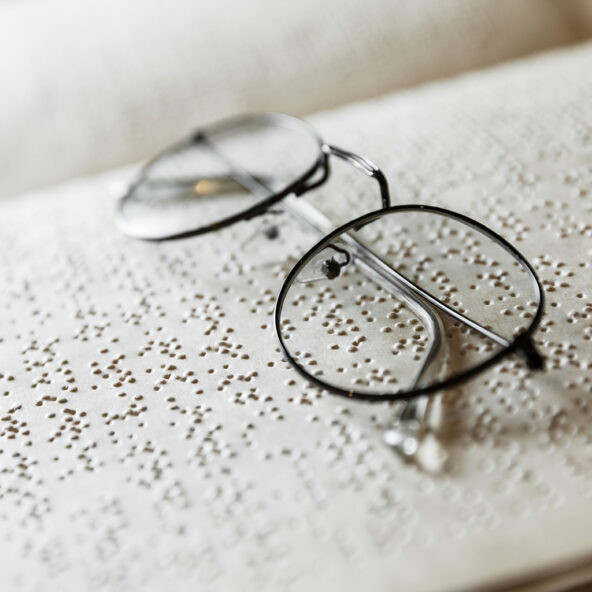
Collaboration is key to what we do. We work directly with people and organisations that have experience of equality and human rights issues.
Our staff are recruited through publicjobs.
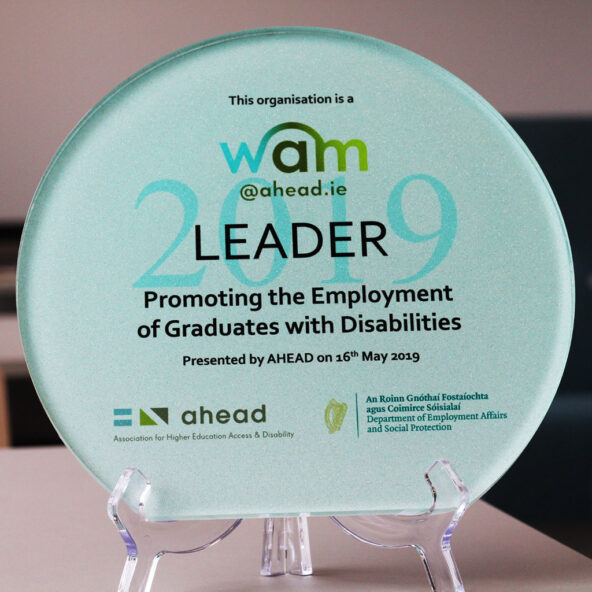
For general queries: info@ihrec.ie
*Please note that we do not provide an in-person service.*
Reception: + 353 (0) 1 8589601 – Open Monday-Friday from 10.30am-12.30pm and 13.45pm-3.15pm
Irish Human Rights & Equality Commission
16-22 Green Street
Dublin 7
D07 CR20